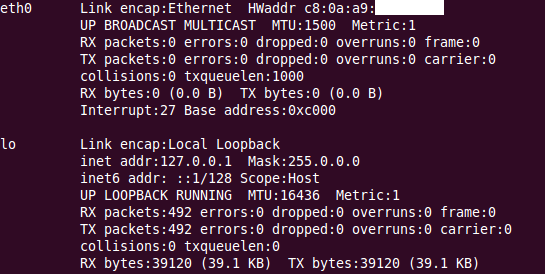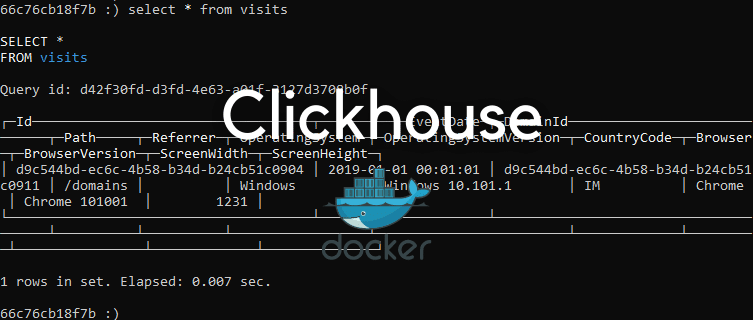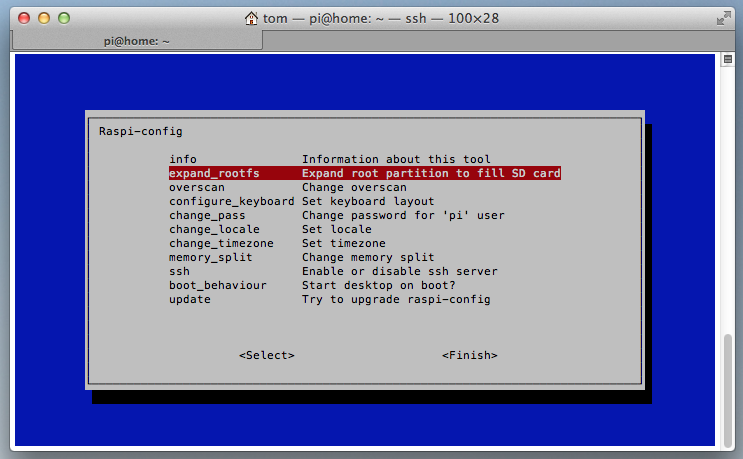
Hyper-V like many other hypervisors has it’s own set of what they call integration components, the use of these components increases the functionality and usually reliability of virtual machines hosted on the cloud. Examples of the hyper-v functionality is supporting the reboot of a virtual machine from the windows control panel (Hyper-V, SCVMM or SSP), probably the biggest advantage is removing the emulated NIC and been able to use the proprietary synthetic adaptors, as normally used in the Windows virtual machines.
Installing these into windows is generally very easy, just mount the CD or right click on the VM and click install integration components, unfortunately Linux is a bit more complex.
Before we start it’s worth noting that you need to first create the VM as normal, and use the emulated network card so you can connect to the internet and update, plus install the linux development tools. If you don’t have a network connection this will not work.
First we will update the system, install the tools and reboot the VM.
yum update -y yum groupinstall "Development Tools" -y reboot
Now you need to go here and download the file, you should be left with an .iso image, mount this to the virtual machine like normal.
Next we will make a directory to mount the CD image, and then mount the image to this DIR.
mkdir -p /mnt/cdrom mount /dev/cdrom /mnt/cdrom
Next we will copy off all the files we need, and then unmount the DIR.
cp -rp /mnt/cdrom /opt/linux_ic umount /mnt/cdrom
Next navigate to the directory, install the tools and shutdown.
cd /opt/linux_ic ./setup.pl drivers poweroff
Finally remove the network interface and replace with the standard synthetic interface, boot the machine and perform an ifconfig, you should see the new interface there seth0
Go to /etc/sysconfig/network-scripts/ and configure the interface as required.


